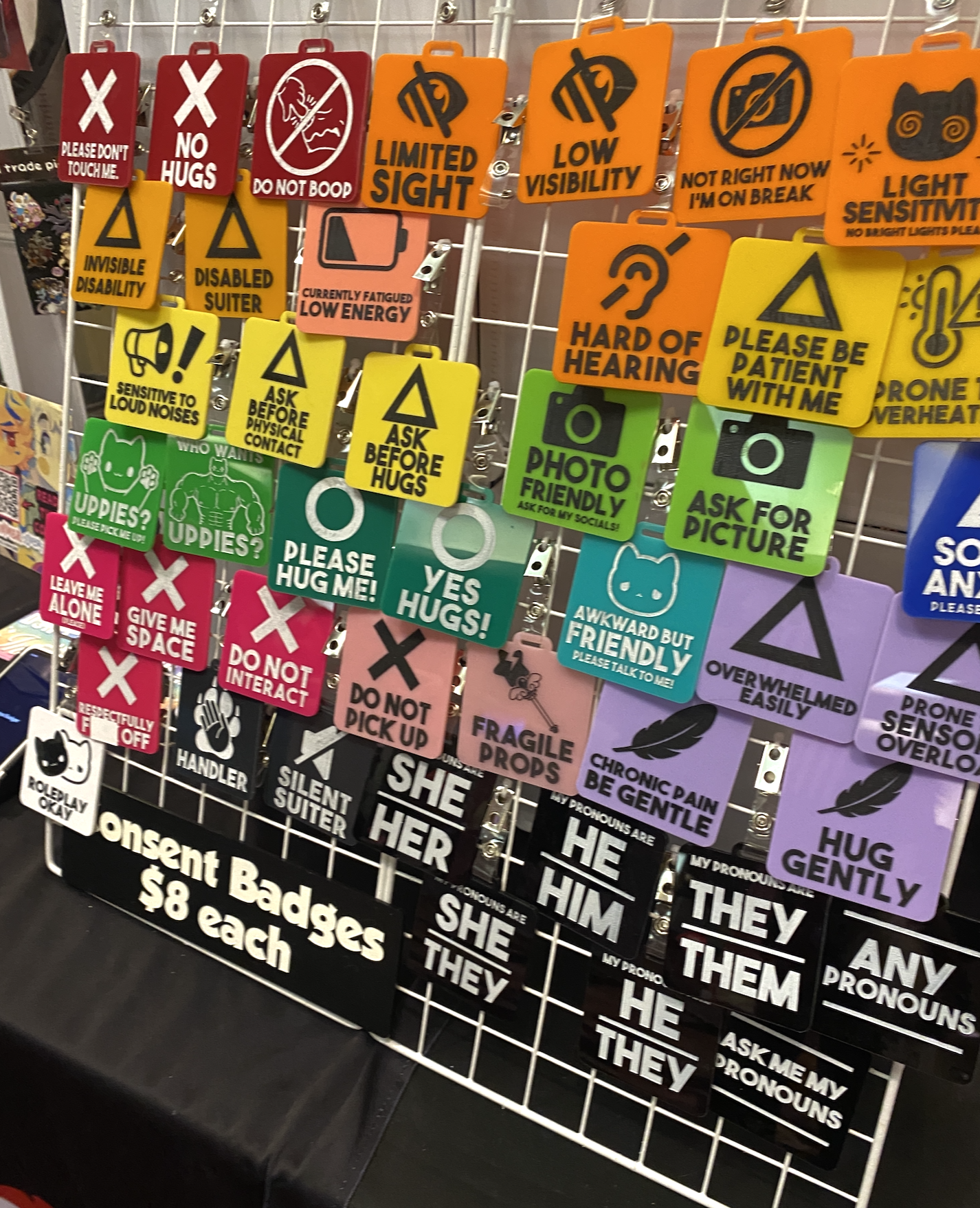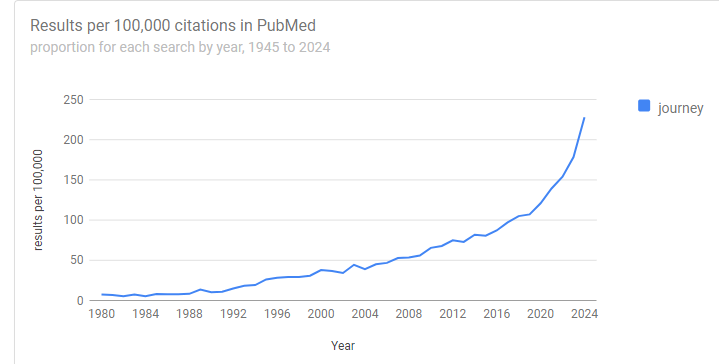Simon Hradecky, "Accident: Southwest B38M enroute on May 25th 2024, Dutch Roll", The Aviation Herald 6/13/2024:
A Southwest Airlines Boeing 737-8 MAX, registration N8825Q performing flight WN-746 from Phoenix,AZ to Oakland,CA (USA) with 175 passengers and 6 crew, was enroute at FL320 when the aircraft experienced Dutch Roll. The crew was able to regain control and landed the aircraft on Oakland's runway 30 about 55 minutes later. The aircraft sustained substantial structural damage.
The FAA reported: "AIRCRAFT EXPERIENCED A DUTCH ROLL, REGAINED CONTROL AND POST FLIGHT INSPECTION REVEALED DAMAGE TO THE STANDBY PCU, OAKLAND, CA." and stated the aircraft sustained substantial damage, the occurrence was rated an accident.
The aircraft remained on the ground in Oakland until Jun 6th 2024, then positioned to Everett,WA (USA), ATS facilities, and is still on the ground in Everett 6 days later.
Dutch Roll is a coupled out of phase movement of the aircraft as result of weakened directional stability (provided by the vertical tail and rudder), in which the aircraft oscillates around its vertical as well as longitudinal axis (coupled yaw and roll).
The PCU is the power control unit, an actuator controlling the (vertical) rudder.
On Jun 13th 2024 The Aviation Herald learned that two ribs, that the stand by PCU is being mounted to, were damaged as well as the mounts of the stand by actuator. A temporary repair was done in Oakland replacing the damaged PCU, the aircraft was then ferried to Everett to replace the damaged ribs.
Read the rest of this entry »


